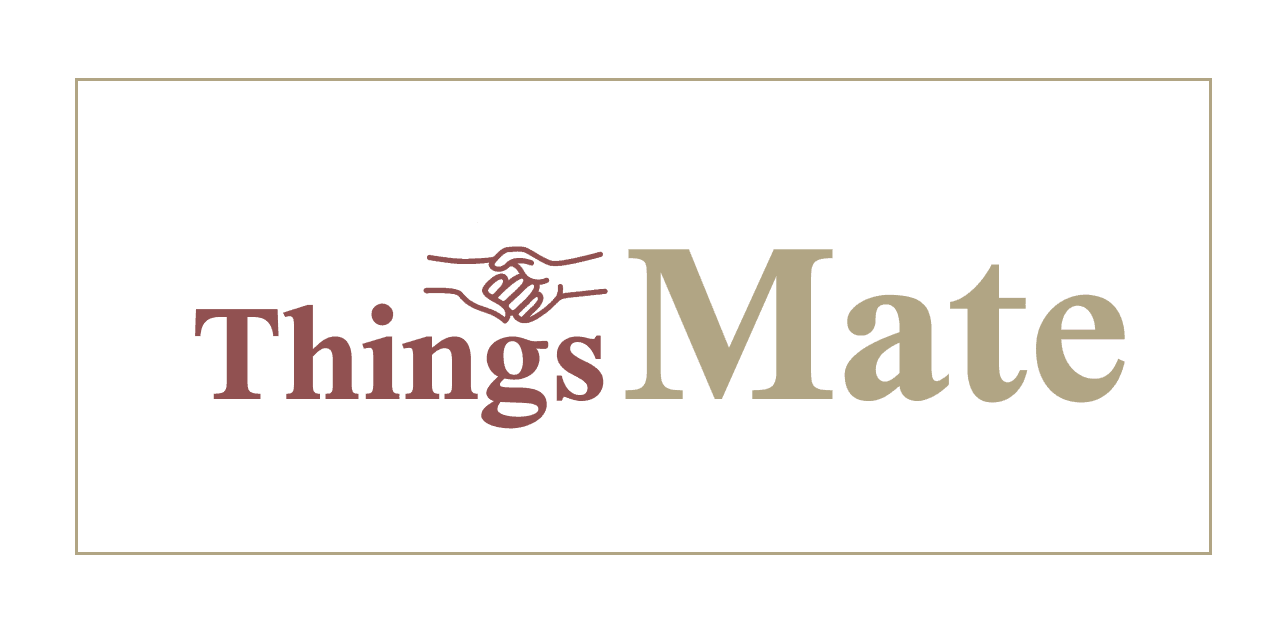Are you interested in expanding your knowledge by taking a free data analytics course? Knowing how to use data to make decisions is an invaluable skill, and with the increasing availability of free courses, you don’t need to break the bank to learn. Here is your step-by-step guide to finding the right data analytics course for you.
What Is Data Analytics?
Data analytics is the scientific process of analyzing large amounts of raw data in order to identify patterns and correlations. It involves the use of various methods, techniques, and tools to analyze these datasets for a variety of purposes, such as forecasting, optimization, and decision-making. Data analytics can be used by businesses to better understand their customers, develop more effective marketing campaigns and improve operational efficiency.
Benefits of Learning Data Analytics

Mikhail Nilov / Pexels
Learning data analytics can open up a wide range of career options as well as help business leaders make better decisions. An in-depth understanding of data provides the necessary insight needed to stay ahead in any industry. Data analysis also reduces operational costs by optimizing processes, eliminating wasteful activities, and increasing efficiency. In addition, data analysts are often able to spot trends early on before they become mainstream, allowing businesses an edge against their competition.
Choosing the Right Free Data Analytics Course
The first step in choosing the right free data analytics course is identifying your level of experience and knowing what type of course you need. If you are new to the field, then it’s important that you start with an introductory or beginner course that will teach you the basics of data analysis. If you already have some experience with data analytics, then there are plenty of advanced courses available for further learning and exploration.
Identifying Your Level of Experience

Kelly / Pexels
Before selecting a free online course in data analytics, it is essential that you assess your level of experience with this topic. If you are new to this field, then you should look for an introductory or beginner-level course that will teach you the fundamentals such as statistics, probability theory, and data visualization tools like Tableau or Power BI. If you have some experience with data analytics but want to expand your skillset further, then you should look for an advanced course that covers topics such as machine learning algorithms or predictive modeling techniques.
Knowing What Type Of Course You Need
Once you have identified your level of experience with data analytics, it's time to decide what type of course you need. If you are just starting out, then an introductory or beginner-level course is ideal, however, if you are looking for more advanced knowledge, then an intermediate or advanced-level course may be best suited for your needs. Additionally, there are courses designed specifically for certain industries, such as healthcare or finance, which will provide more focused instruction tailored specifically for those areas.
Researching Course Providers

Polina Tankilevitch / Pexels
Once you have identified your level of experience and what type of course you need, it's time to research different providers who offer courses in this field. Look through reviews from past students to get a better idea of what experiences they have had with each provider and find out if they achieved their desired outcome from the course they took. Additionally, it's helpful to read other online resources, such as blogs and articles, which provide insight into how different providers approach different topics within their courses. Doing this research upfront will help ensure that the course provider you choose offers quality content that will help further your understanding and application.
show more






















